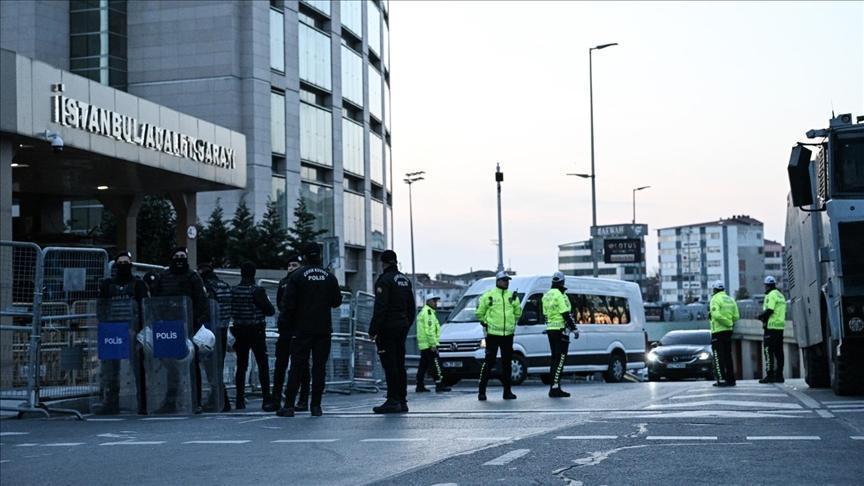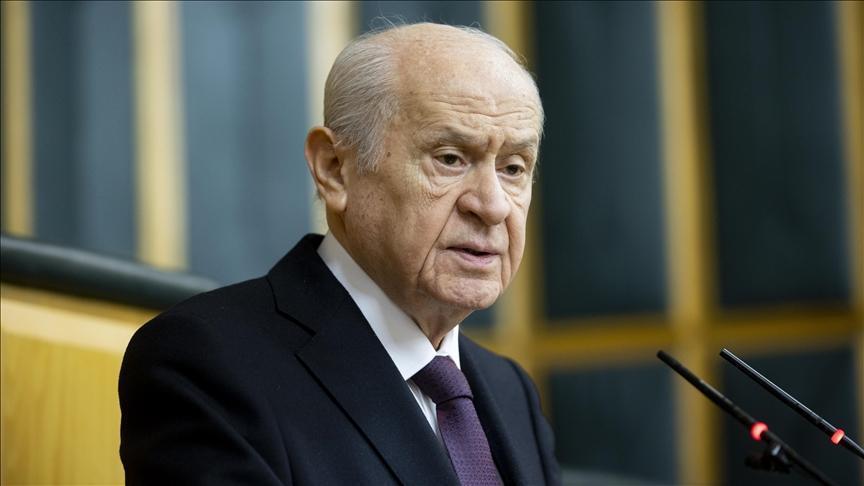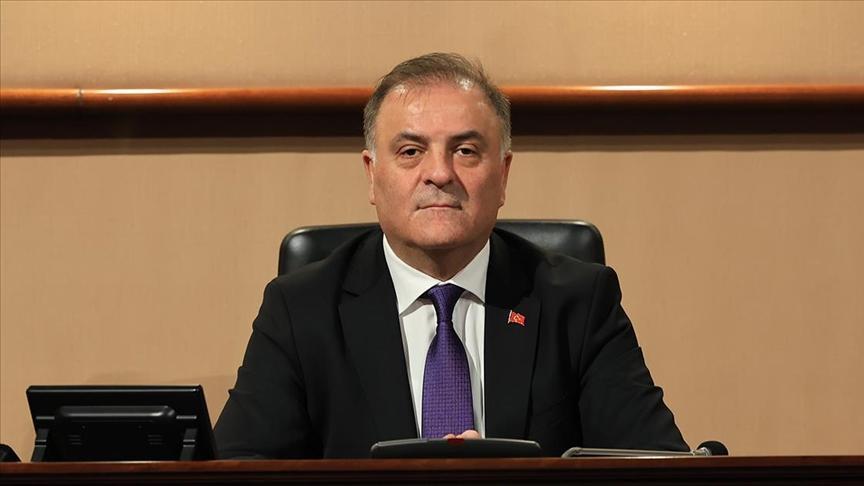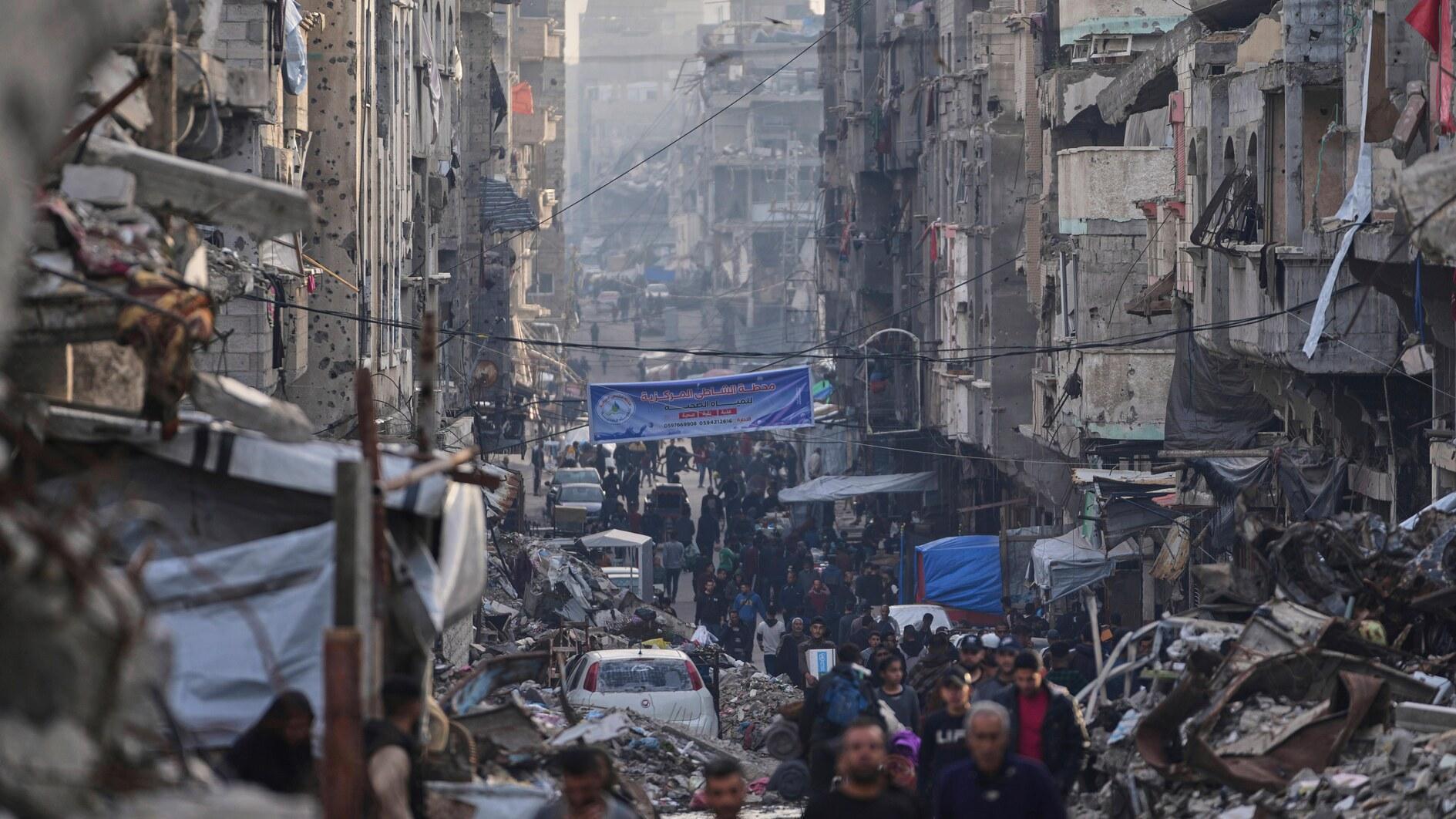UN pushes Syria for probe of chemical arms 'massacre'
DAMASCUS - Agence France-Presse
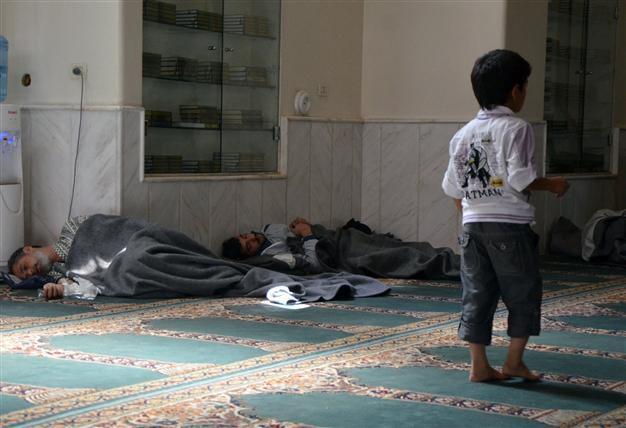
Survivors from what activists say is a gas attack rest inside a mosque in the Duma neighbourhood of Damascus Aug. 21. REUTERS photo
A top U.N. envoy was in Damascus on Aug. 23 to press for an investigation into a reported chemical attack, as Syrian hospitals were reported to have treated thousands of "neurotoxic" cases.U.S. President Barack Obama, meanwhile, met his top national security advisers to weigh the response to the alleged massacre. He is under mounting pressure to act following the chemical attack reported on Aug. 21 near Damascus that opposition groups say was carried out by President Bashar al-Assad's forces and had killed as many as 1,300 people.
Doctors Without Borders (MSF) said that around 3,600 patients displaying "neurotoxic symptoms" had flooded into three Syrian hospitals on the day of the alleged attacks, and 355 of them died.
U.N. High Representative for Disarmament Affairs Angela Kane arrived in Damascus, tasked by Secretary-General Ban Ki-moon with establishing the terms of an inquiry.
Ban is determined to "conduct a thorough, impartial and prompt investigation" into the chemical attack claims, his spokesman said.
The Syrian government has strongly denied the allegations but has yet to accede to demands that U.N. inspectors already in the country be allowed to visit the sites of the alleged attacks.
Syria has yet to say if it will let the UN experts - on the ground in Syria since August 18 to probe three other sites - to inspect the latest allegations. Russia urged Damascus to cooperate with the UN but dismissed calls for use of force against its ally.
French Foreign Minister Laurent Fabius, during a visit to the West Bank on Saturday, blamed Syria for a "chemical massacre" and said that "the Bashar regime is responsible." But Damascus ally Iran blamed the rebels and warned the West against any military intervention.
"There is proof terrorist groups carried out this action," foreign ministry spokesman Abbas Araqchi said, without giving any details.
The violence continued Aug .24, with a watchdog accusing the regime of striking by air several rebel positions, including in Jobar, and reporting that insurgents seized a strategic town in the northwest.
State television said an army unit was surrounding a "sector of Jobar where terrorists used chemical weapons," adding that soldiers who tried to enter the neighbourhood had "suffocated." Rebels have "resorted to chemical weapons after the successes of the Syrian army in recent days," the television charged.
The National Coalition denied that rebels had resorted to the use of chemical arms, saying the government was only trying to divert attention from its own use of them.
The "international community knows full well that the al-Assad regime is the only party in Syria which possesses the means to produce, use and stock chemical weapons," it said.


